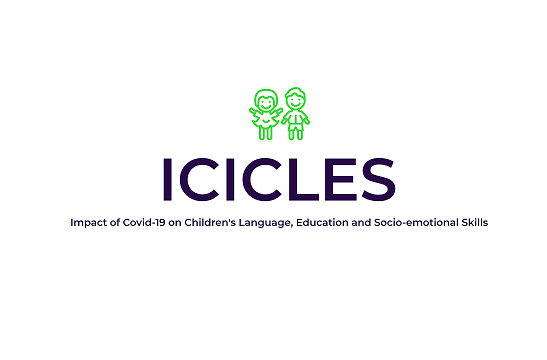Investing in children is essential to making the UK ‘a country that works for everyone’
I’m grateful to the editors of the NIESR Economic Review for publishing a series on Inequality, Social Mobility and the New Economy and for putting early intervention, the subject I was asked to contribute an article about, in the context of the ‘new economy’. It belongs there, even if it may appear strange to some readers to put nurturing healthy, happy children in amongst the cold, hard logic of economics.
I’m grateful to the editors of the NIESR Economic Review for publishing a series on Inequality, Social Mobility and the New Economy and for putting early intervention, the subject I was asked to contribute an article about, in the context of the ‘new economy’. It belongs there, even if it may appear strange to some readers to put nurturing healthy, happy children in amongst the cold, hard logic of economics.
The truth is that how we invest in the capability and wellbeing of our children will play a role in how we make society fairer – “a country that works for everyone,” in Theresa May’s words. Moreover, it is just as important to the nation’s future prosperity as a successful industrial strategy or a good Brexit deal.
Ultimately the questions of how we generate productivity and growth; how many jobs and what sort of jobs we will have; how we will lead and engage with the world; and what kinds of public services we can afford will all depend on the skills, capabilities, motivations and wellbeing of the people that make the economy happen. Given the increasing role of robots, the jobs of the future will involve tasks that can’t be easily automated – creativity, problem-solving, and above all interacting with people. That requires a workforce with a well-rounded skill set: not just literacy, numeracy and subject knowledge, but also the psychological and emotional strengths to participate, innovate, engage, influence and persevere.
We know that getting this right starts at an early age, by supporting children’s development and ensuring that they grow up in a family environment where these precious skills are nurtured. Fortunately, there are ways of supporting parents and schools in order to make sure this happens. As we show in our paper (based on the work of the Early Intervention Foundation), there are many early childhood programmes available in the UK which have shown that they can improve the quality of interactions between parents and children, helping children to grow up with improved abilities to form positive relationships, regulate their behaviour and master language and communication.
While these programmes are effective, our assessment of the research evidence doesn’t allow us to put an exact pound sign on how beneficial they are – which is often the evidence that policymakers require. That creates problems in a world where public spending is being squeezed: cash-strapped councils and other bodies need to find ever more savings, and it is tempting to axe programmes whose benefits are not precisely known and would only be felt years a few decades down the line. Without better data on the long-run benefits of these programmes, the danger is that they won’t be a priority.
Taxpayers currently spend at least £17 billion a year on what we call ‘late intervention’ – public services that deal with entrenched problems like crime, domestic violence, child abuse and neglect, and severe mental health problems. That is hard data that councils and Whitehall alike can use to understand what early intervention might be needed and what it might offer in return. We hope this supports the impressive work taking place in West Cheshire and Chester, Blackpool, Dorset and Hertfordshire, to name a small number of areas. These places and others are shifting their budgets from late intervention to early intervention, from police call-outs to health visitors.
Despite this, there is more work to do to fully develop the evidence on how much UK early intervention saves taxpayers and contributes to prosperity. That requires more testing and evaluation, and better ways use of using the data that the government and councils already collect. The challenge we issue to researchers and policymakers is to improve what can be said about what works, what it’s worth, and how to make it happen. That is what’s required to ensure that policies promoting child development gets the role they deserve in building the economy of the future.
Leon Feinstein’s co-authors were Haroon Chowdry and Kirsten Asmussen














